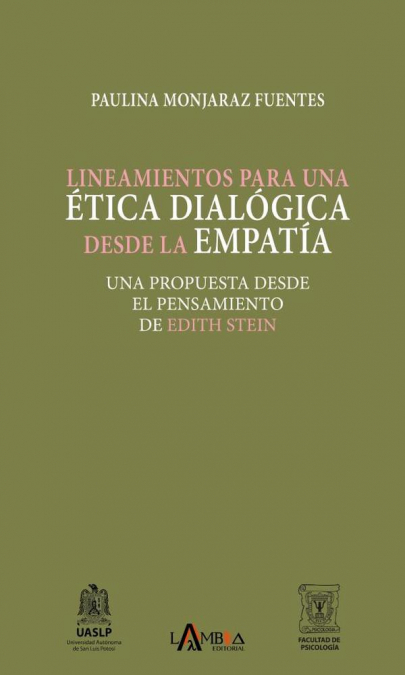
Paulina Monjaraz Fuentes
Ante la situación de violencia, indiferencia y división que vivimos en la sociedad contemporánea, el ethos humano que se deduce de la estructura óntica de la persona humana propuesta por Edith Stein, basada en la necesaria implicación entre identidad y alteridad, puede fundamentar líneas de acción para que el hombre contemporáneo encuentre el sentido de su vivir, el cual, como se expone en este texto, requiere reconstruir la comunidad humana. Para dar un paso hacia adelante y así lograr proponer una ética basada en el diálogo y que genere una paz positiva, es necesario comprender que la conciliación entre inmanencia y trascendencia en lo humano se genera en el hacer comunidad, que es el reconocimiento del otro donde se origina la justicia y también donde se hace posible la paz.